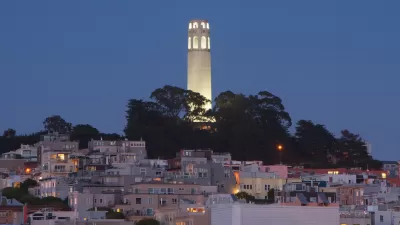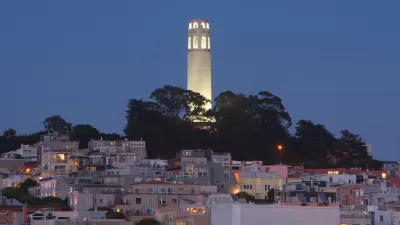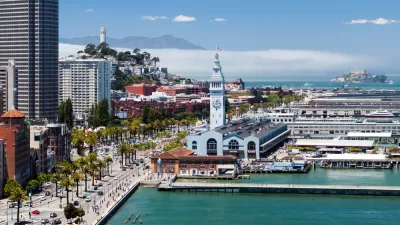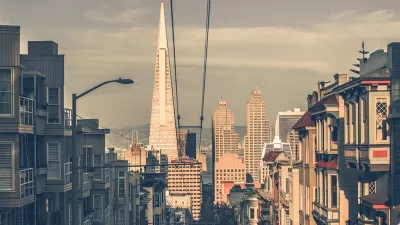San Francisco's Business Council on Climate Change serves as a 'convener' between municipal government and the private sector to tackle issues related to climate change. Writer Andrew Wade spoke with the Council's executive director, Michael Parks.

When and why was the Business Council on Climate Change formed?
It came about initially in 2005, when San Francisco hosted World Environment Day. That’s a United Nations initiative. Essentially, the UN Global Compact put a challenge to San Francisco to come up with an interesting approach to addressing a pressing environmental issue.
The discussion around climate change was really just getting started on a national level at that time. Early 2006 was when climate change was on the cover of every magazine — that was the year An Inconvenient Truth came out. So San Francisco responded to the UN challenge by putting together a pretty open-ended forum to discuss what it should do about climate change. People from the City spent time working with stakeholders to figure out what meaningful action would look like. They decided that a place for government and business to work together on climate issues would be really useful.
FULL STORY: To meet climate change goals, San Francisco tries networking

Planetizen Federal Action Tracker
A weekly monitor of how Trump’s orders and actions are impacting planners and planning in America.

Restaurant Patios Were a Pandemic Win — Why Were They so Hard to Keep?
Social distancing requirements and changes in travel patterns prompted cities to pilot new uses for street and sidewalk space. Then it got complicated.

Map: Where Senate Republicans Want to Sell Your Public Lands
For public land advocates, the Senate Republicans’ proposal to sell millions of acres of public land in the West is “the biggest fight of their careers.”

Maui's Vacation Rental Debate Turns Ugly
Verbal attacks, misinformation campaigns and fistfights plague a high-stakes debate to convert thousands of vacation rentals into long-term housing.

San Francisco Suspends Traffic Calming Amidst Record Deaths
Citing “a challenging fiscal landscape,” the city will cease the program on the heels of 42 traffic deaths, including 24 pedestrians.

California Homeless Arrests, Citations Spike After Ruling
An investigation reveals that anti-homeless actions increased up to 500% after Grants Pass v. Johnson — even in cities claiming no policy change.
Urban Design for Planners 1: Software Tools
This six-course series explores essential urban design concepts using open source software and equips planners with the tools they need to participate fully in the urban design process.
Planning for Universal Design
Learn the tools for implementing Universal Design in planning regulations.
Heyer Gruel & Associates PA
JM Goldson LLC
Custer County Colorado
City of Camden Redevelopment Agency
City of Astoria
Transportation Research & Education Center (TREC) at Portland State University
Camden Redevelopment Agency
City of Claremont
Municipality of Princeton (NJ)





























